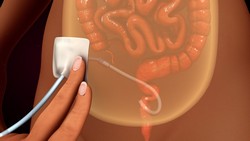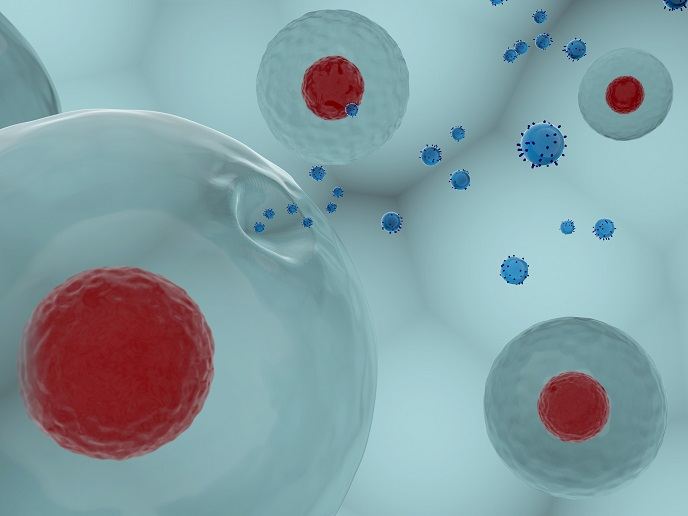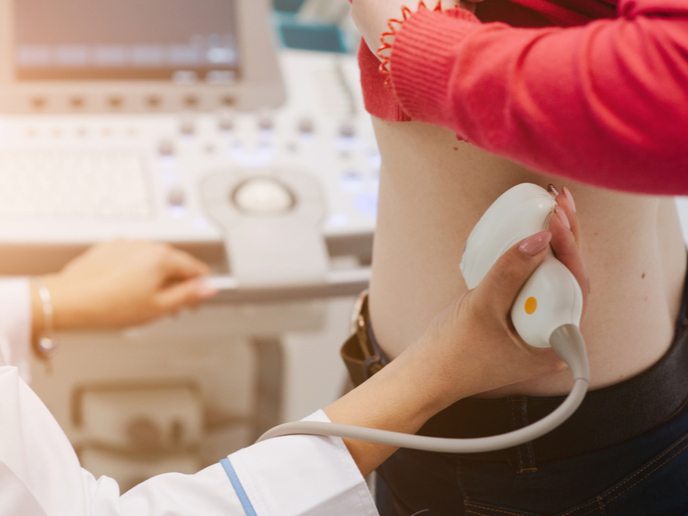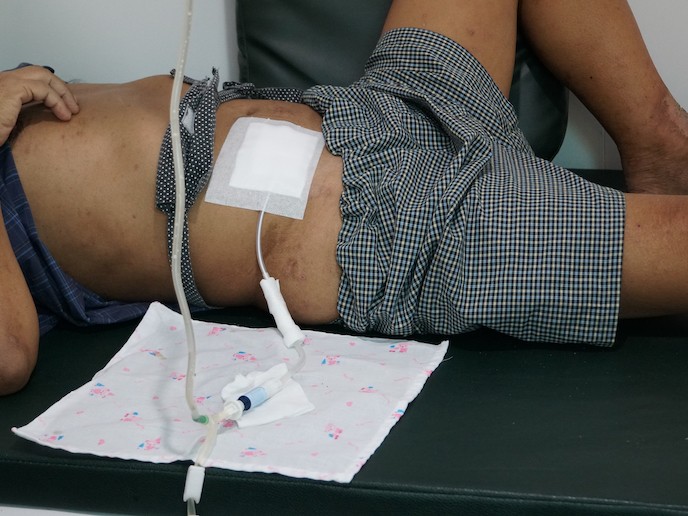European Training & Research in Peritoneal Dialysis
Peritoneal Dialysis (PD) and haemodialysis (HD) are life-saving renal replacement therapies for patients suffering from chronic kidney disease. Although PD and HD have similar mortality rates, PD offers better quality of life, lower costs, higher survival rates and the opportunity for home based treatment. However, only 10 % of patients in Europe are treated with PD. Currently, PD research is being held back by a shortage of trained workers, limited trans-European collaboration and the lack of a coherent training programme. This situation has been addressed by the EUTRIPD(opens in new window) (European Training and Research in Peritoneal Dialysis) project, which has trained 12 early stage researchers across European research centres and devised a long-term interdisciplinary research programme. Project partners have also identified diagnostic and therapeutic tools for improving PD outcomes. They identified mechanisms and interventions that promote the survival and function of the peritoneal membrane and prevent infectious complications. This will enable patients to remain on PD for longer, thereby improving patient survival and the quality of their lives. In addition, future therapies were developed for those PD patients facing a high risk of complications and comorbidity. The specific aim of the programme was to develop a minimum of 5 biomarkers that allow the prediction of outcome PD and 3 therapeutic treatments to improve outcome in PD. Collaboration between academic and industrial EUTRIPD partners ensured that the results achieved their full potential through large multi-centre clinical trials. EUTRIPD will furthermore supply Europe with young, well trained professionals in renal research and PD. They will enjoy excellent career opportunities in the medical research field, thereby improving patient outcomes and addressing the underutilisation of PD across the EU states. Moreover, the unique nature of the training programme will enable young researchers to pursue careers in other disciplines and sectors.







